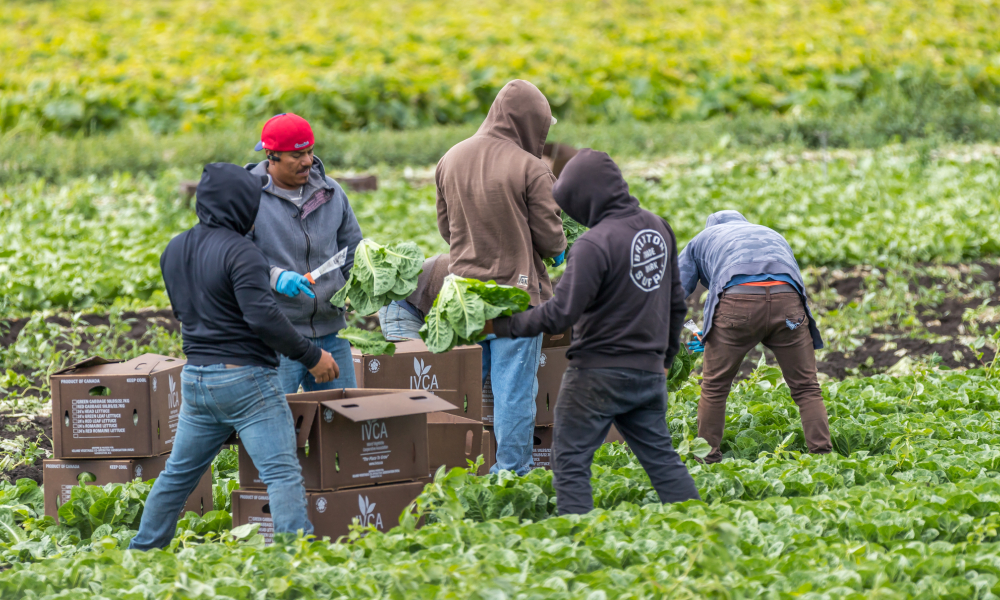‘Comprehensive plan’ meant to ensure workers, employers meet public health requirements

The federal government is enforcing a two-pronged approach to quarantine requirements for temporary foreign workers (TFWs).
The rules involve those involved in agriculture, agri-food, and fish and seafood sectors based on their mode of travelling to their final destination
Asymptomatic TFWs will be allowed to travel directly to their place of quarantine after having a COVID-19 test at the airport, provided they travel by private transportation and are accompanied only by others who travelled with them to Canada.
As of March 21, TFWs who travel by public means to a secondary location upon arrival in Canada will be required to stay in a government-authorized accommodation (GAA) and await the results of their COVID-19 test.
“This comprehensive plan builds on and strengthens existing measures to ensure workers and employers are well prepared to meet public health requirements to mitigate the risk of the spread of COVID-19,” says Carla Qualtrough, minister of employment, workforce development and disability inclusion.
Previously, TFWs were required to take a COVID-19 molecular test upon arrival in Canada, and later in their 14-day quarantine period. Workers were also required to go through a three-day quarantine at the point of entry at a GAA.
“Foreign agricultural workers are absolutely essential to the successful operations of our farms, our food plants, and, as a result, our food security. We are doing everything necessary so they can arrive as scheduled and in a way that is safe for their health and the health of Canadians,” says Marie-Claude Bibeau, minister of agriculture and agri-food.
Enhanced actions
Ottawa also announced enhanced actions to better protect TFWs and support employers. These include:
- working with provinces to ensure employers are well prepared to safely welcome and quarantine workers – including safe travel arrangements to their place of quarantine, with suitable isolation options for positive/symptomatic workers throughout the season
- boosting inspections of employers in agriculture to ensure they are meeting their quarantine obligations and TFW Program requirements related to working conditions and wages
- improving the TFW tip line, with the addition of live agents able to offer services in multiple languages, who can help workers better communicate situations of mistreatment or abuse, and educate workers on their rights.
Roughly 50,000 to 60,000 foreign agricultural workers come to work in Canada each year, which accounts for more than 60 per cent of all foreign workers entering Canada under the TFW Program.
In October 2020, it invested $11.6 million to help support efforts by Ontario producers to stop the spread of COVID-19 on their farms.




